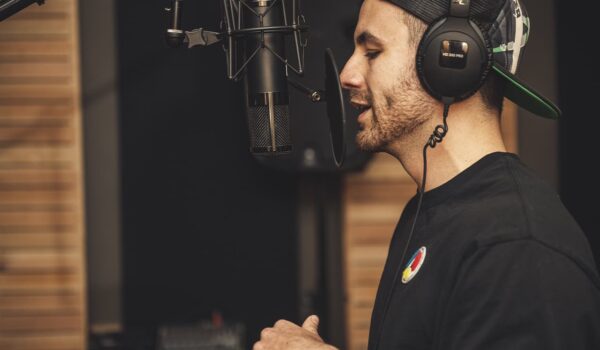Making music is a series of ups and downs. It’s a pity, but it’s not without mistakes, failures and difficulties. I wish there were fewer of them, but in some cases we create obstacles for ourselves. What should not be done by an aspiring musician?
- Frequently skip lessons.
Frequent absences = huge gaps in learning. Progress slows down or stops altogether, the material is poorly digested or overlapped. You have to start all over again, and this is certainly frustrating and annoying, to the point of not wanting to continue learning.
Tip: skip classes only for a good reason (illness, business trip, session). Even if you miss a class, do not forget to practice at home, stay in touch with your teacher and repeat what you have already learned.
- Not practicing enough at home.
Classes from “lesson to lesson” have a bad effect on the speed of learning. As a result, what can be mastered in two lessons, stretches for weeks or even months. And that’s not to mention that most techniques and methods require regular, daily practice.
Tip: the tool is your best friend! And you shouldn’t forget about your friends. Practice for an hour a day, hone your skills more often, and make daily playing your useful routine.
- have a limited musical horizon.
Often we favor a single genre or style. There’s nothing wrong with that, but for a well-rounded musical development, you need to listen to as much different music as possible. This greatly expands the range of possibilities, you will be able to improvise and freely combine different musical directions.
Tip: if you are a rocker, do not be afraid of pop, soul, funk and other musical styles. The same rule applies vice versa: music is multifaceted and this works to your advantage.
- Studying too much.
Yes, balance is very important here too. Musing without sleep and rest can cause the opposite effect, causing you to lose concentration and forget simple skills for a while. This situation is a signal that your brain is overloaded and needs rest.
Tip: practise systematically, allocating a certain amount of time in your schedule for music lessons. The principle of “more = better” does not work here: the body needs rest, fixation on one activity will harm rather than help.
- Expect quick results.
Usually a musician studies 7 years in a music studio and another 5 years in a conservatory (college, institute or university). Can you imagine? This is a considerable period of time for which a person learns all the basics of music, but continues to learn and develop every day.
Advice: patience and persistence give much more than expecting quick success. Even if something does not work out, do not rush to draw conclusions and abandon your dream at the very beginning of the journey. Difficulties are a sign that you are doing everything right, you just need to make a little more effort. We hope that our tips were useful for you. Learning is rarely easy, but we make sure that even difficulties are exciting and inspiring.
